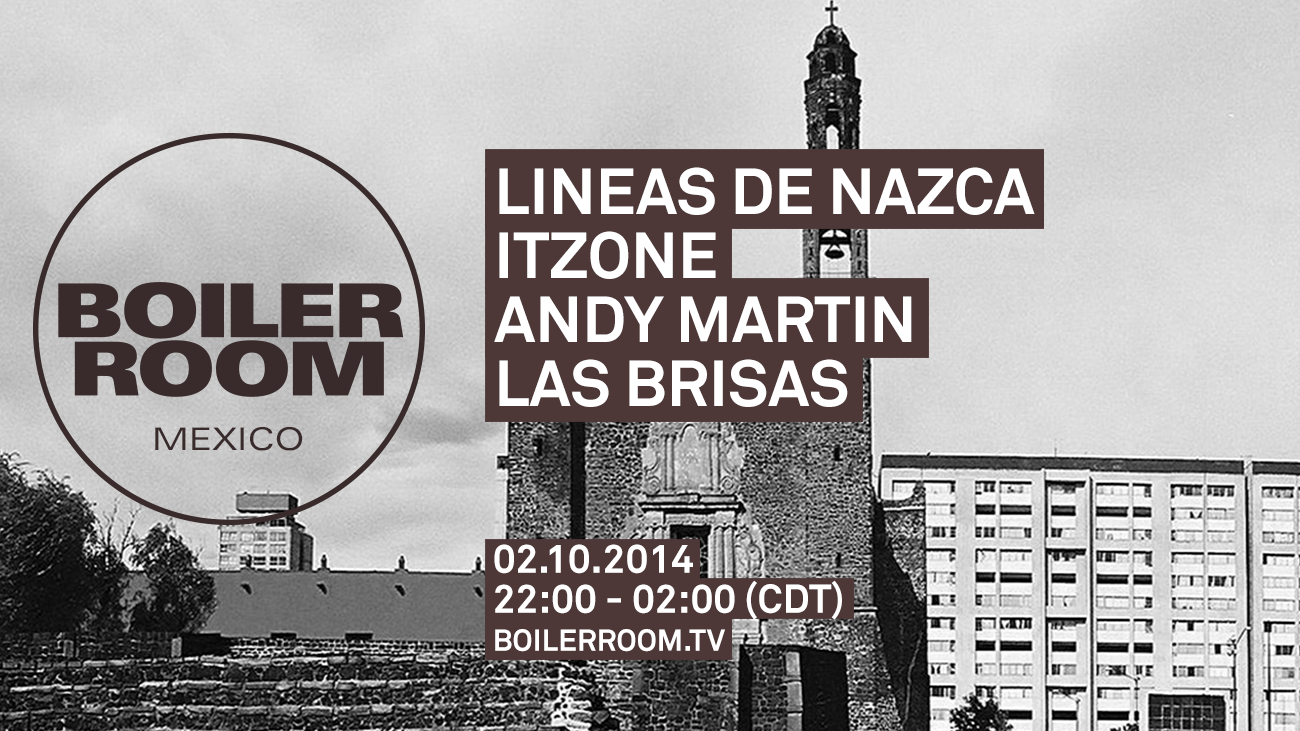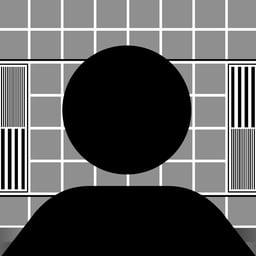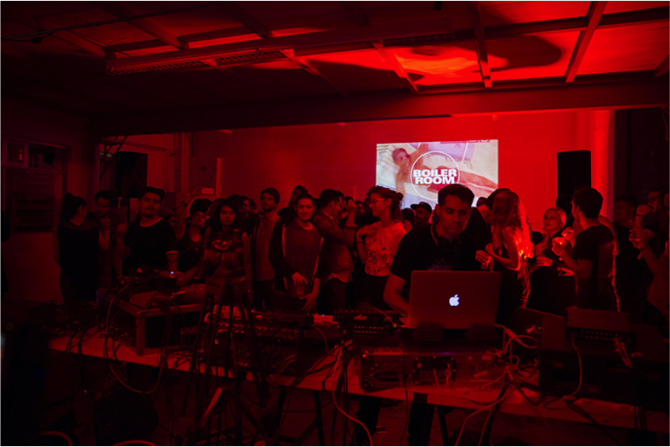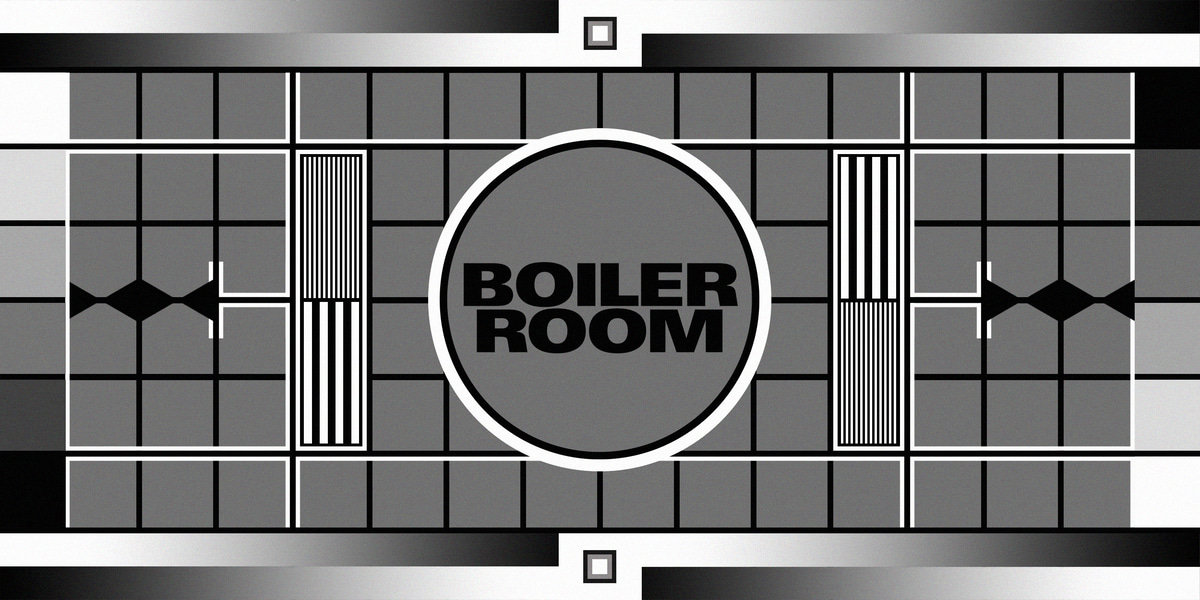

Mexico: Itzone, Lineas de Nazca, Las Brisas & Andy Martin
The second of October represents an important date in Mexico. It was the year of 1968 and from Paris to Prague, students all around the world gathered together to challenge and question the existing regimes in their countries. Mexico was not the exception, but the context in the country was one of the most brutal and most silent ones at the time. The “Plaza of the Three Cultures in Tlatelolco” was witness of how the military opened fire against the mass of youth that were reunited in protest against the oppression of the Mexican government.
Every year we remember this date, and Boiler Room Mexico is not the exception. We chose this date because we want to recreate the original rebellion of the second of October, not in the streets, but in a cultural space that enables dialogue and criticism around the existing musical rules: a night of Mexican techno. From the old-school and hardwired style of Lineas de Nazca and Itzone, all the way to Andy Martin and the emerging talent of Las Brisas, our goal is to create a bridge between the old and the new reunited in a historical date where synergies coexist in order to give way to new forms of expression and rebelliousness.
“Hosting this event the second of October means that the expression of counterculture still exists in our society, even against the attempts made by the system to censor all the different levels of these manifestations (…) my music represents the global context of this, where everything is more global and technology is part of our daily lives.” - Andy Martin
Techno music is exactly that, because it represents a radical departure from traditional marketing techniques and the promotion of personalities. There is no better commemoration, as even the beginnings of techno music in Detroit, were marked by rebellion and protest.
That is the spirit of techno. It’s the deconstruction of gospel and blues. It’s urbanism and industrial sounds; hope and science fiction…it’s an obscure sound trying to get out. Techno is music of obscure resistance that finds its expression in technology and the dissident masses that reunited to dance in old warehouses and abandoned industries. What are the new sounds that Mexico is producing? How is it influenced by the political and social context, and the universality of music itself? Are we witnessing an emerging and nostalgic form of techno?
“Art is the thermometer of society and electronic music doesn’t escape this. I don’t consider my work as a response to the violence we are living in Mexico, but to deny it would also be a mistake (…) Concerning the sound of Lineas de Nazca, it is not my objective to produce ‘obscure’ music nor transform it into a political protest; it is simply the shape that sound takes whenever I work with the machines. It is up to people to define and identify it according to each one’s personal point of view: it’s something very subjective.” - Líneas de Nazca
Boiler Room Mexico is not just a music platform: it is a cultural space that reproduces and promotes the counterculture of obscure sounds that must be preserved within the limits of the underground. This second of October, we continue the post-rave experience to recreate the feeling that Lineas de Nazca surely had when playing in the ex-military base of Teufelsberg in Germany in 2012: reconstruction from the ashes, new forms of dissent, historical conscience and its manifestation through music. Mexican techno is an evocative shout wanting to get out.
Whether you hear it on the street, at the Plaza of the Three Cultures, an abandoned warehouse or through the Internet: music has the potential to move people. And that’s what this is all about. It is a vortex of feelings, abstract emotion and artificial energy. There is no Truth, only sensation. It is techno and the creation of a cultural space for rebelliousness. It is, the musical side of the second of October. This way, it shall never be forgotten.
ARTISTS















































